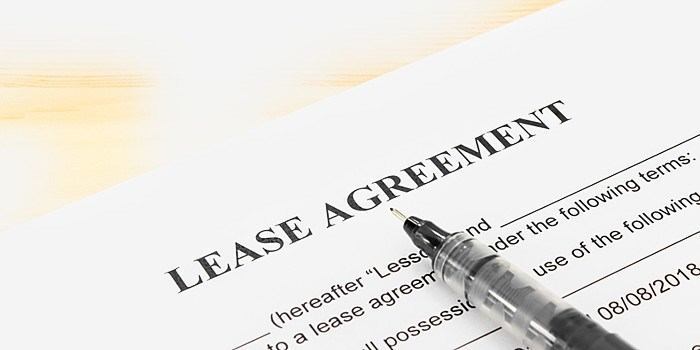 Like any industry, the rental/housing sector can use what at times feels like its own language and terminology. Luckily, you’ve stumbled across a handy, dandy renter’s wiki to aid in your quest for a new lease.
Like any industry, the rental/housing sector can use what at times feels like its own language and terminology. Luckily, you’ve stumbled across a handy, dandy renter’s wiki to aid in your quest for a new lease.
While partnering with an established U.S. company specializing in personal data security and accurate database search technique is always recommended, all consumers should have a working knowledge of vocabulary used by landlords, lending institutions and credit bureaus.
We’ve done the price shopping.
Below, as defined by language contained in U.S. law, judicial code and online libraries, are a selection of common terms renters and home owners will likely encounter during the process of moving. Have some not included? Leave suggestions and general feedback in the comments section of this post!
- Adverse Action: a denial or revocation of credit, a change in the terms of an existing credit arrangement or a refusal to grant credit in substantially the amount or on substantially the terms requested.
- Background Report: A person’s experience, training and education. See credit report.
- Consumer: Any individual
- Credit report: Any written, oral, or other communication of any information by a consumer reporting agency bearing on a consumer’s credit worthiness, credit standing, credit capacity, character, general reputation, personal characteristics or mode of living.
- Credit risk: Refers to the risk that a borrower will default (Wikipedia) on any type of debt by failing to make required payments. The risk is primarily that of the lender and includes lost principal and interest, disruption to cash flows, and increased collection costs.
- Credit score: A credit score is a numerical expression based on a level analysis of a person’s credit files, to represent the creditworthiness (Wikipedia) of that person. A credit score is primarily based on credit report information typically sourced from credit bureaus.
- Criminal history: A record of all activity involving the consumer and judicial branch of government; a common area of erroneous entry. Includes all arrests for federal, state and local offenses. Civil cases, such as bankruptcy, can also be included in a criminal history.
- Eviction records: An eviction is the legal process in which a landlord removes a tenant from a rental property. Eviction laws vary by state. (About.com)
- Landlords: Responsible for all aspects of the building and unit in which you live. Holds the power to evict, extend or expire leases.
- OFAC: The Office of Foreign Assets Control (OFAC) of the U.S. Department of the Treasury administers and enforces economic and trade sanctions based on foreign policy and national security goals against targeted foreign countries and regimes, terrorists, international narcotics traffickers, those engaged in activities related to the proliferation of weapons of mass destruction, and other threats to the national security..
- Rental history: A documented history of the most recent properties rented, corroborated by a landlord or notarized. Can include monthly payment amounts, damage claims and eviction records.
- Sex Offender Report: A system in various states designed to allow government authorities to keep track of the residence and activities of sex offenders, including those who have completed their criminal sentences.
- Verification: that the consumer continues to meet the specific criteria used to select the consumer for the offer, by using information in a consumer report on the consumer, information in the consumer’s application for the credit or insurance, or other information bearing on the credit worthiness or insurability of the consumer




